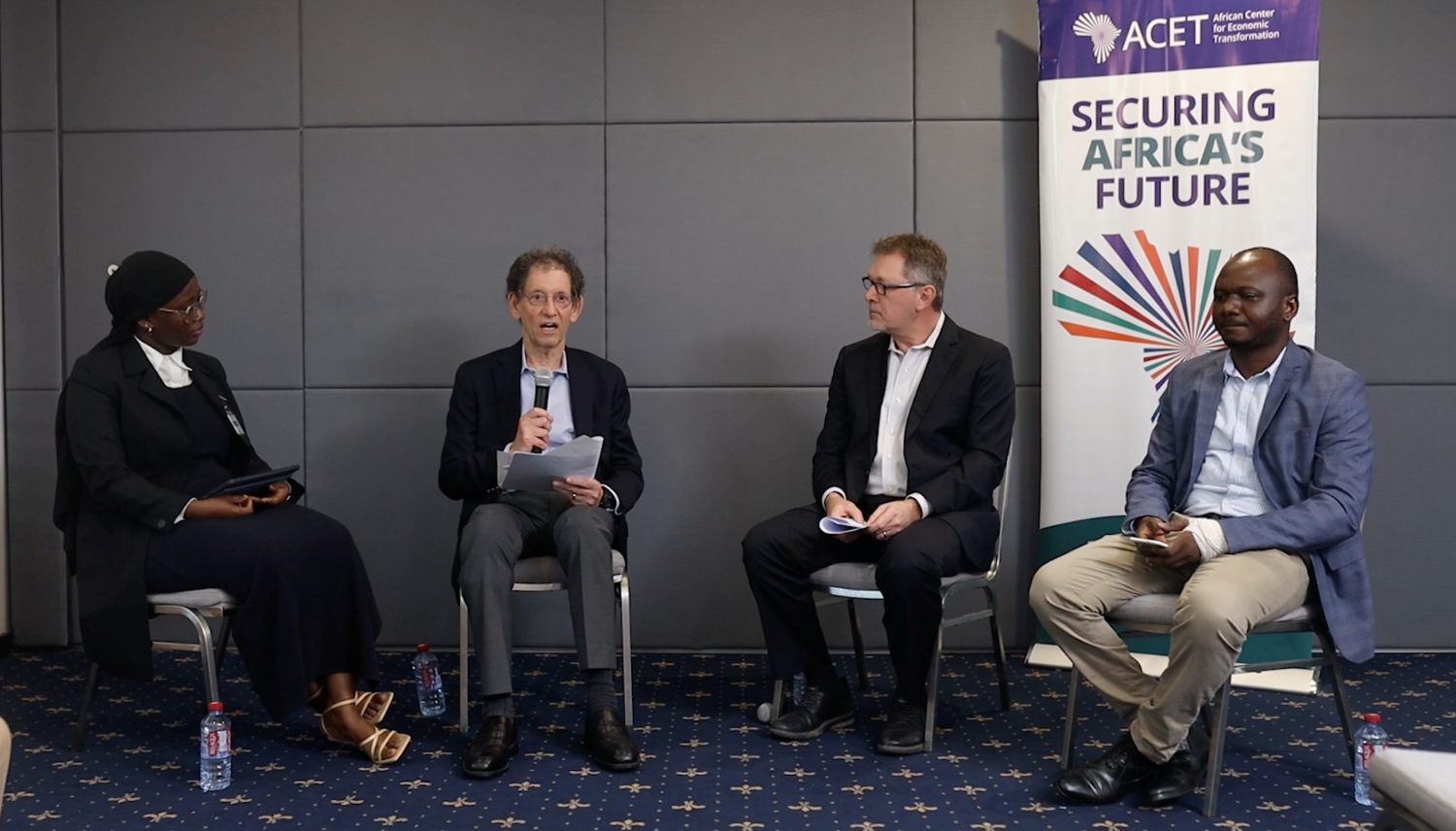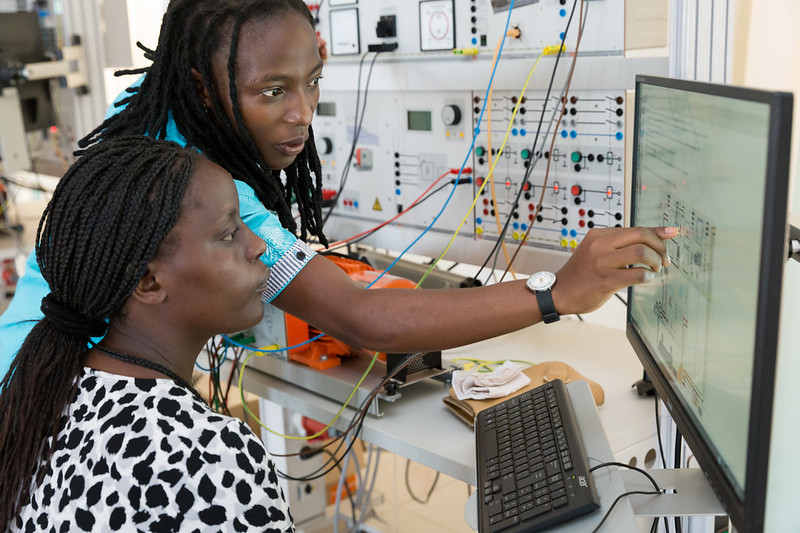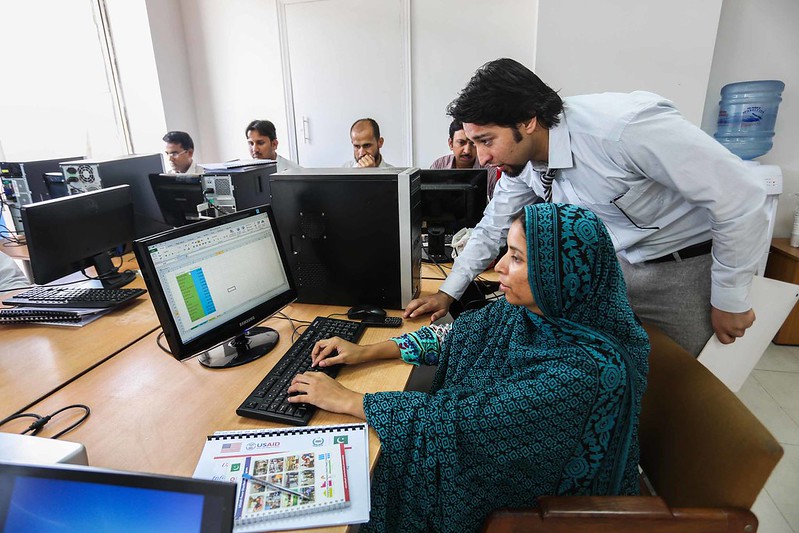“Private sector” appears 18 times in the outcome document from last year’s UN financing for development conference in Addis Ababa—exactly the same number of times as “international cooperation.” In part, this is driven by the financial shortfall traditional donors face in delivering this ambitious agenda, and partly it reflects the different skills our public and private sectors possess—for example, we want to help fund vaccines that tackle diseases in emerging economies, but we don’t think that aid officials should wear lab coats.
Now, one year into the SDGs, where are those ideas that bring private sector ingenuity and capital into achieving the development goals? In this edition of the CGD Podcast, we'll introduce you to one of them.
It’s the result of a challenge that CGD experts laid down to UBS, a Swiss bank, to use its financial expertise to address some of the most urgent problems facing the world. One the challenges we laid down was, "How do you make it easier for people who have less to save more?"
According to CGD senior policy analyst Theo Talbot, who helped sharpen the development impact of UBS’s ideas, lack of secure, long-run saving options is “a global problem low on the horizon, that people are not paying attention to, that will affect countries’ ability to deliver good inclusive growth.”
The challenges were part of an internal competition at UBS. Some 1200 bank staff from around the world took part. They formed 300 teams and came up with 250 ideas, which were whittled down to one winner with the help of a few CGD senior fellows. We invited Edward Pla and Vijay Sundaram from the winning UBS team, along with CGD’s Theo Talbot, into the podcast studio to tell us more.
Click below to hear why Theo Talbot thinks expanding saving is a way to engage the private sector in development and also learn from it.
 "There are missing pieces of the puzzle that we need to address together."
"There are missing pieces of the puzzle that we need to address together."
The winning idea is a mobile app called Spavest (more on the weird name in the podcast). Every time you make an electronic payment to buy something, the app takes a little extra bit of money and deposits it in a savings account. UBS hopes to bring the idea to market, including in frontier markets where mobile payments are growing quickly and a burgeoning group of consumers may be struggling to save. In the podcast, Sundaram and Pla of the team that developed Spavest say their interest is both in the development outcomes it can have, but also as a commercial product—a natural incentive for a bank but perhaps one that sits uneasily with the traditional development community. Maintain a healthy skepticism, suggests CGD’s Theo Talbot, but don’t be dismissive.
“We should not castigate efforts to bring the private sector in when their focus, their commitment to shareholders, their commitment to equity holders, is on building financially sustainable solutions,” he says, pointing out that the world must bring both the public and private sectors to the table to deliver the SDGs.
“We face different incentives between these two sectors, and to bring those sectors together, we need to be respectful of those constraints.”
UBS provided unrestricted support for CGD’s independent research on innovative finance for development and support for our participation in the Grand Challenges project.
CGD blog posts reflect the views of the authors, drawing on prior research and experience in their areas of expertise.
CGD is a nonpartisan, independent organization and does not take institutional positions.






